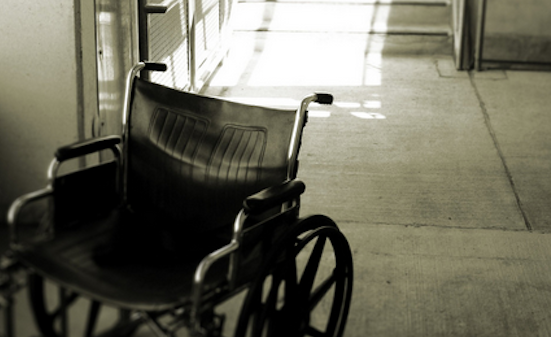Credit Bureaus Are Over-Penalizing Consumers With Medical Debt
The study [PDF] “CFPB Data Point: Medical Debt and Credit Scores” found that credit scoring models may underestimate the creditworthiness of consumers who owe medial debt in collections.
The CFPB examined approximately 5 million credit records from two time periods, September 2011 and September 2013, to determine how well a common credit score could predict a consumer’s likelihood of paying future debt.
The report found that credit scores may underestimate the creditworthiness by 10 points for consumers who owe medical debt. Because current models treat medical and non-medical debt, such as unpaid rent, that goes to collection the same way consumers are often overly penalized.
Consumers with medical debt generally paid back their loans or bills on par with consumers who had credit scores about 10 points higher.
Additionally, the study found that credit scoring models, which do not account for repayment of medical debts in collections, may underestimate consumers’ creditworthiness up to 22 points after medical debts are paid.
The study found that consumers who subsequently paid medical debt that had gone into collections were more likely to pay back their debts, on par with consumers with scores 16 to 22 points higher.
While a 10- to 22-point different doesn’t seem like much, it could have devastating effects on a consumer’s livelihood. Credit reports and credit scores are often used by bankers, lenders, and others to determine a consumers’ creditworthiness and the rates they will pay for services. Today, the scores and reports are even used to determine a consumer’s employability.
The CFPB also reported that many issues consumers face involving medical debt stem from inaccurate reporting by third-party collection agencies. In fact the Federal Reserve Board found that over half of all collections on credit reports are associated with medical bills and the vast majority of medical debts are reported by third-party collection agencies.
Complaints to the CFPB show that many consumers do not even know they have medical debt in collections until they receive a call from the agency or see the debt on their credit report.
I am an insured individual, yet I have had issues with proper billing practices at hospitals. Twice this has resulted in collections being reported to the credit bureaus on bills that were not properly submitted to my insurer and that were not communicated to me as a patient. Once I tried to resolve these issues, the hospital billing departments are not helpful and the collection agencies are impossible to track down. There’s so much focus today on affordable health care and insurance coverage, yet hospitals cannot properly bill those patients who do have insurance.
Medical debt has long wreaked havoc on consumer’s credit reports, and most issues have arisen from collection errors.
Last year, Consumerist reported on a man who fell victim to a hospital’s billing system failure. The man paid his bill, but it was never recorded. His already-paid debt ended up in collections and he was hit with a credit score drop of more than 100 points.
Even after the issue was cleared up by the hospital and his insurance company, his credit score remained unfixed.
Around that same time, March 2013, legislators were trying to wipe medical debt off credit reports entirely with the Medical Debt Responsibility Act of 2013.
In May 2013, advocates urged the Senate to consider the Act that would have required that any paid medical debt under $2,500 be removed from a credit report 45 days after it was paid. However, the bill all but died in committee.
“Getting sick or injured can put all sorts of burdens on a family, including unexpected medical costs. Those costs should not be compounded by overly penalizing a consumer’s credit score,” CFPB Director Richard Cordray says in a statement about the new study’s release. “Given the role that credit scores play in consumers’ lives, it’s important that they predict the creditworthiness of a consumer as precisely as possible.”
While it’s unclear whether the new report will bring about profound changes to credit reporting, consumer advocates are already praising the CFPB on its efforts.
“We commend the CFPB for conducting this critical research which confirms what advocates have asserted for years: that consumers are unfairly penalized for medical debt, which is often the result of billing errors, insurance disputes, and other circumstances unique to the flawed healthcare payment system,” noted Chi Chi Wu, staff attorney at the National Consumer Law Center. “The CFPB research underscores the urgency for Congress to pass the Medical Debt Responsibility Act, which would require that paid or settled medical debt be removed from a consumer’s credit reports.”
CFPB Study Finds Medical Debt Overly Penalizes Consumer Credit Scores [Consumer Financial Protection Bureau]
Want more consumer news? Visit our parent organization, Consumer Reports, for the latest on scams, recalls, and other consumer issues.


